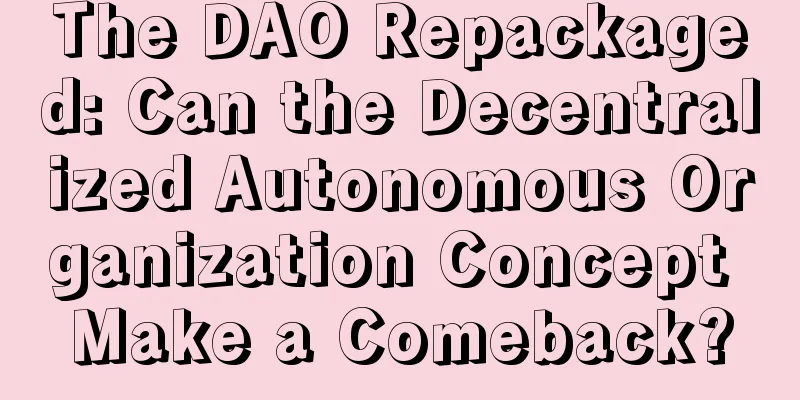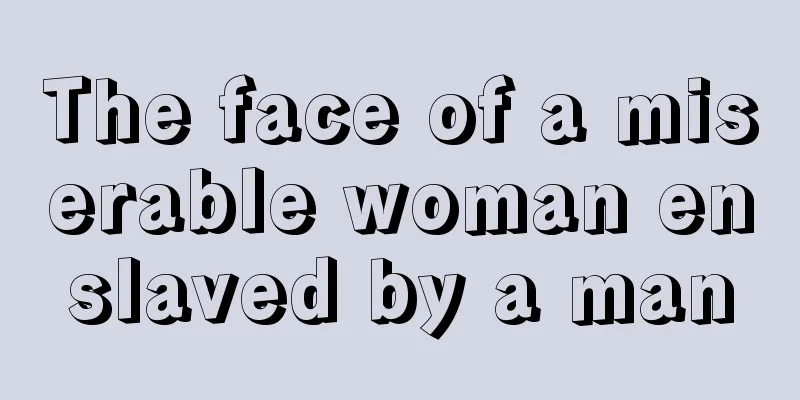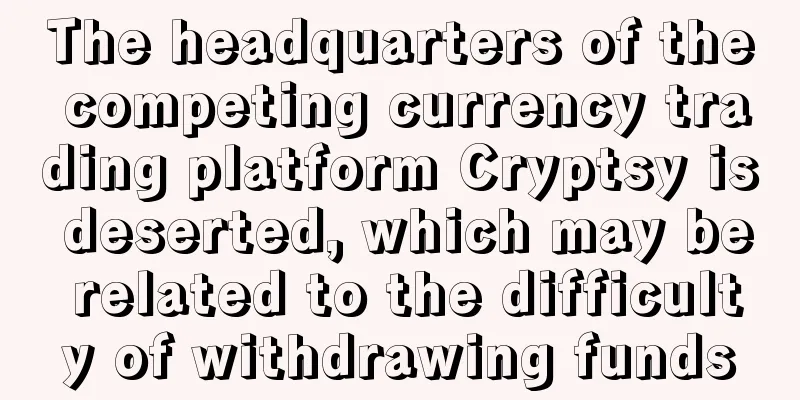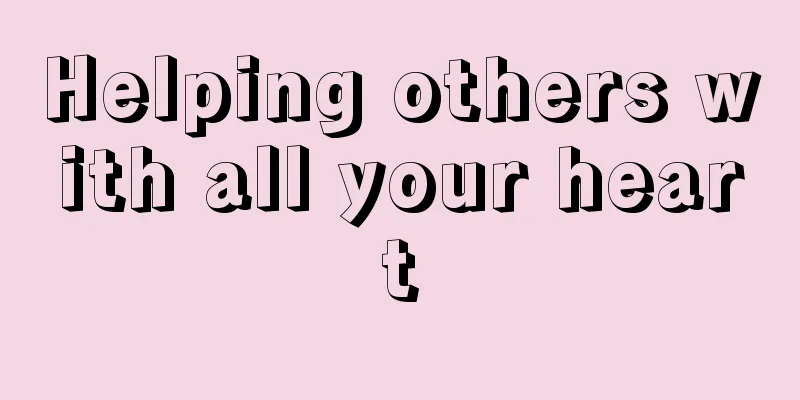The DAO Repackaged: Can the Decentralized Autonomous Organization Concept Make a Comeback?

|
Although the concept of decentralized autonomous organizations (DAOs) took a hit with the failure of The DAO, it seems that this "concept of leaderless blockchain companies" is not going away. Developers are still obsessed with creating decentralized autonomous organizations (DAOs), automated businesses that are hard-coded to run by blockchains. As discussed at the EDCON 2017 Ethereum developer conference, just six months after The DAO lost tens of millions of dollars in funds, the experiments are still going on. Since The DAO incident, Ethereum developers have been more cautious in launching autonomous organizations, with a particular emphasis on better and more secure The DAO - smart contracts. In Paris this week, some still criticized the idea of The DAO because the code was written to require too much foreknowledge. Omise architect Rick Dudley told CoinDesk:
A new lookDespite the criticism, the idea of DAOs is far from dead. It’s an idea that’s hard to dislodge, perhaps because developers see promise in a system that automates corporate decisions and, in some way, limits power and bureaucracy. In November, The DAO developers even announced plans to launch a new DAO for charitable projects. Hopefully they won’t make the same mistake as The DAO (or a new one) this time. Other upcoming DAO projects have been a bit more hesitant when it comes to announcing that they are working on DAOs. For example, Colony, a job marketplace platform that recently entered Beta testing. Although Colony’s founders wrote a year ago that the platform would make creating DAOs “as easy as starting a Facebook group,” today, DAOs aren’t even mentioned on their homepage anymore — though that could be because they’re only offering more limited functionality in the short term, such as tokenized tasks. This situation is also similar to Aragon, the "unstoppable enterprise" management platform. Part of the reason they call it a “company” management platform is because they want to attract more people. Luis Cuende, Aragon project lead, said:
The platform allows people to vote on corporate decisions, such as whether to issue additional shares, assign company functions and other corporate tasks. Aragon will deploy the necessary smart contracts to create this enterprise. Cuende said:
Are you ready to make a comeback?However, beyond repackaging the image, we realized that the DAOs concept itself might need iteration. Primavera de Filippi, a researcher at Harvard University’s Berkman Center for Internet and Society, said:
Filippi’s talk at EDCON revolved around a decentralized autonomous organization (DAO) she created before The DAO — a “botanic robot,” or a robotic plant that accepted microtransactions. Now she thinks a whole new type of governance system is needed to solve the problems developers have identified. She said:
Others are moving faster. Aragon hopes to release a product sooner rather than later, but the project still needs at least half a year to be ready for launch. Aragon technical lead Jorge Izquierdo pointed out that they are working with Zeppelin, a company dedicated to providing Ethereum smart contract templates, which have been extensively tested. In addition, the company plans to conduct a security audit of their code and plans to simulate some real-life use cases on the Ethereum main network before launching it for wider use. Cuende points out that, at least for now, these risks are fairly common:
|
Recommend
Coin Zone Trends: Bitcoin Price Trends Based on Big Data This Week (2016-09-06)
Buy on dips in the medium term, buy low and sell ...
How to build your own mining pool - mining pool construction tutorial
The author translated this article for the sake o...
The relationship between the nose and health status among the five facial features
The relationship between the nose and health stat...
Is a mole on the earlobe a lucky mole? What does it represent?
Traditional physiognomy covers a wide range, among...
The controversy continues: How does the Bitcoin mining system affect carbon footprint?
Original by ChinaBlockchainNews (ID:ChinaBlockcha...
Revealing the secret of where the marriage palace is in a man's face and how to read it
There are twelve palaces in our facial features, ...
Revealed! This is how profitable miners choose mines!
The mining process can be simply summarized as fo...
Wu said weekly mining news: domestic energy shortages lead to intensified regulation and overseas mining companies are hoarding coins 0927-1010
Wu said author | Colin Wu Editor of this issue | ...
Is the love luck good for women with moles near their philtrum?
Speaking of love luck, I believe everyone is famil...
Diagram of the ears of people belonging to the wood element
Fungus is the main cause of poverty (no bias is n...
Women whose love line and career line intersect are career-oriented women!
How to read the love line in palmistry? The love ...
With the US election approaching, can blockchain profit from it?
With less than a week to go before the US electio...
7 Big Misconceptions About the Bitcoin Blockchain
There is always some confusion about the function...
[Bold Prediction] What kind of surprises will Filecoin bring to miners after the mainnet goes online?
Filecoin, the most popular project in 2020, is mo...
Is it a good fate for a man without earlobes?
I heard from the old people that a person with bi...









